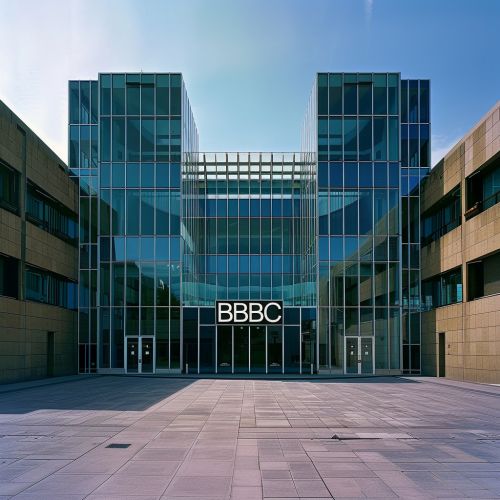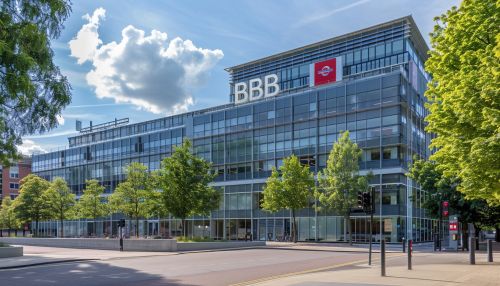British Broadcasting Corporation
History
The British Broadcasting Corporation (BBC) is a British public service broadcaster. Its headquarters are at Broadcasting House in Westminster, London. It is the world's oldest national broadcaster, and among the largest broadcasters internationally. The BBC was established on 18 October 1922 by a consortium, to broadcast experimental radio services. The consortium was made up of several leading wireless technology manufacturers, including British Thomson-Houston, Marconi, and Western Electric. The BBC's first broadcast was on 14 November 1922.


Structure and Funding
The BBC operates under a Royal Charter, which means that it is operationally independent from the government, and its activities are overseen by the BBC Board. The BBC is funded by an annual television licence fee, which is charged to all British households, companies, and organizations using any type of equipment to receive or record live television broadcasts.
Services
The BBC provides several services, both in the UK and internationally. These include ten national TV channels plus regional programming, ten national radio stations, forty local radio stations and an extensive website. The BBC also delivers impartial news and information to audiences around the globe through the World Service.
Impact and Influence
The BBC has had a profound influence on British culture and society. It has played a significant role in the development of broadcasting around the world, and its programming has been widely recognized for its quality and breadth. The BBC's commitment to public service broadcasting and its funding model have made it a model for other broadcasters around the world.
Controversies and Criticisms
Throughout its history, the BBC has faced numerous controversies and criticisms. These have ranged from allegations of political bias to debates over the nature of its funding model. Despite these challenges, the BBC remains a widely respected and influential institution both in the UK and around the world.
